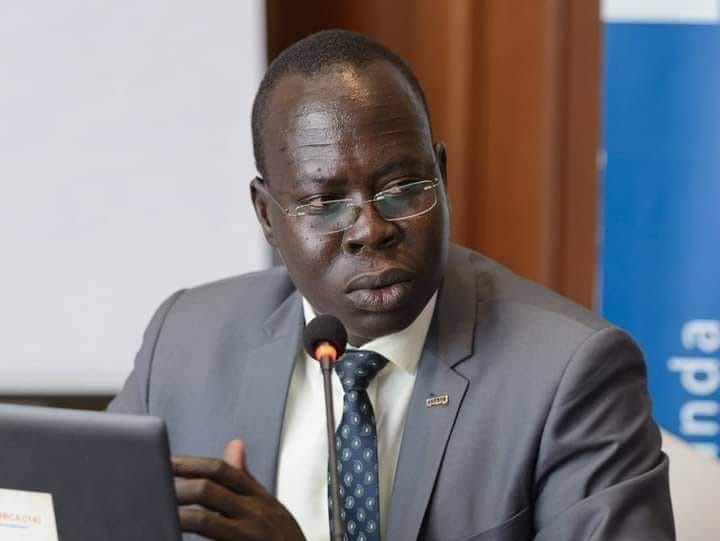
Ter Manyang, the Executive Director of the Juba-based Center for Peace and Advocacy or CPA - COURTESY
Juba-based Center for Peace and Advocacy (CPA) is urging the national parliament to deliberate on and address the economic hardships tormenting the country, adding that families are going to bed on empty stomachs.
South Sudan’s pound currency drastically weakened against the United States dollar between February and March, triggering a sharp increase in commodity prices across the country.
The situation is blamed on dwindling revenue due to the impact of the war in Sudan and the Red Sea blockade on the country’s precious oil export.
This has induced economic hardships that leave the government struggling to pay civil servants salaries, as the public workforce goes for seven months without its dues.
CPA’s Executive Director Ter Manyang Gatwech, however alleges that the crisis is due to mismanagement of resources and a lack of accountability and transparency.
“Currently, citizens are living in a state of confusion as no one is addressing the ongoing
economic crisis in the country,” Manyang said in a press statement.
“The impact of this crisis on families is unbearable, with some going to bed with empty
stomachs. This poses a national security threat.”
Manyang further said the government should not only value the power of citizens in voting for them during elections – but that it must come to their rescue in times of hardships.
The activist calls on South Sudan government to take care of its people and realize the Sustainable Development Goals on eradicating poverty and providing access to basic human needs.
“The SDGs are a blueprint for achieving a better and more sustainable future for all. They address global challenges such as poverty, inequality, climate change, environmental degradation, peace, and justice.”
“These 17 goals are interconnected, and to ensure that no one is left behind, it is crucial that we achieve all of them by 2030.”
And the UN humanitarian agency said South Sudan’s currency depreciation has caused severe hunger for around 6 million people between December 2023 and March 2024 as food prices rise by 19 percent in the country.
The Sudanese government on March 16, declared force majeure, saying it is unable to facilitate the transportation of South Sudan crude oil through the Jabalayn-Port Sudan Pipeline, citing interruptions from the ongoing conflict.
Khartoum invoked the force majeure to suspend its obligations to deliver crude oil through the BAPCO Transportation System to the Bashayer 2 Marine Terminal.
This essentially means that Sudan is invoking a contractual clause that exempts it from fulfilling its obligations under the agreement due to unforeseen circumstances or events beyond its control.
By declaring force majeure, Sudan seeks legal protection from any potential liability for failing to meet its contractual commitments under the oil agreement.
The South Sudan Ministry of Trade and Industry responded to the economic crisis by opening six subsidized food stores selling maize in Juba in March to enable the public to afford food at cheaper price.
Trade ministry undersecretary, Kuol Daniel Ayulo, said the same initiative would also be extended to the states in a few weeks’ time, to enable every household to afford the cost of living.
But an economist slammed the “short term” economic relief initiative, suggesting that the only way to ultimately beat inflation is providing a stable environment and boosting agriculture.
Support Eye Radio, the first independent radio broadcaster of news, information & entertainment in South Sudan.
Make a monthly or a one off contribution.
Copyright 2024. All rights reserved. Eye Radio is a product of Eye Media Limited.